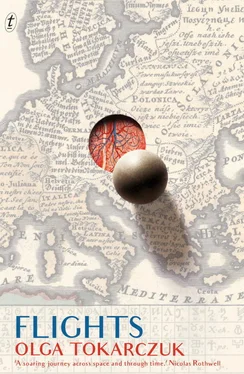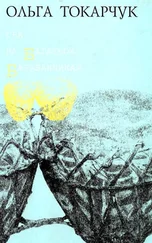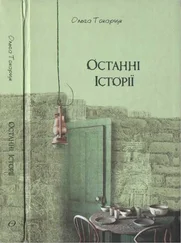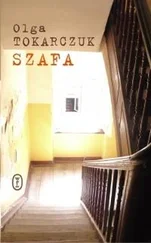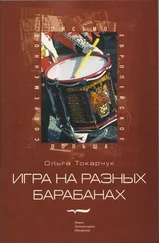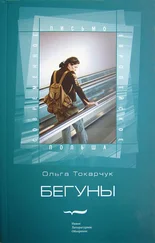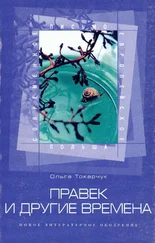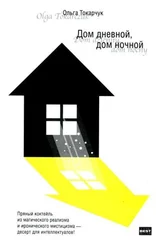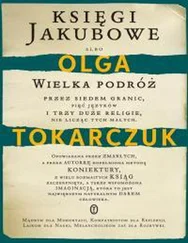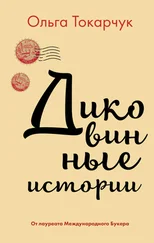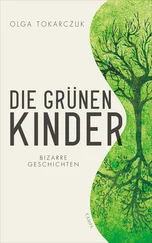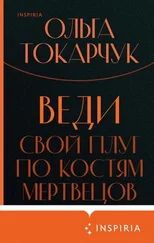We have been so fortunate as to have been born in an age of reason, in an exceptional era that has been able to clearly express to what extent the mind is the most perfect of God’s gifts. The power of the mind is such that it may cleanse the world now of superstitions and injustices and make all the world’s inhabitants rejoice. My father was fully dedicated to that idea. It was his deeply held belief that human reason is the greatest power we as people can achieve and wield. And I, brought up in all my father’s love, believe that, too: reason is the very best thing God could have given us.
In my father’s papers, which I put in order after his death, there is a letter from His Majesty the Emperor Joseph, Your Majesty’s predecessor and uncle, a letter written in His Majesty’s own hand and containing the following passage, which I shall permit myself to repeat here: ‘All people are equal at birth. From our parents we inherit only animal life, and in this – we know well – there is not the slightest difference between king, prince, merchant, or peasant. There is no law in existence, divine or natural, that could counter that equality.’
How am I to believe this passage now?
I am no longer asking but imploring Your Majesty for the return to my family of my father’s body, which has been stripped of all honour and all dignity, chemically treated and stuffed, and exhibited to human curiosity in the proximity of dead wild animals. I write to you, too, on behalf of the other stuffed human beings contained within that Cabinet of Natural Curiosities of His Royal Highness, since, as far as I know, they have no one of their own to stand up for them, not even family – here I refer to that anonymous little girl, and to one Joseph Hammer and to Pietro Michaele Angiola. I don’t even know who these people are, and I would not be able to tell even the most abbreviated version of the stories of their unhappy lives, but nonetheless I feel it is my duty to them as the daughter of Angel Soliman to perform this Christian deed of asking. It is my duty, too, as of now, as the mother of a human being.
Josefine Soliman von Feuchtersleben
A beautiful bald-headed nun in robes the colour of bone bends over a tiny reliquary where, on a little satin cushion, there rests what is left of the burned body of an enlightened being. I stand beside her, both of us just looking at that speck. We are aided in this endeavour by the magnifying glass that is a permanent fixture of the room. That whole enlightened essence takes the form of this tiny crystal, a little bitty stone barely bigger than a grain of sand. The body of this nun, no doubt, will also be transformed into a grain of sand, in some years; mine – no, mine will be lost: I was never practising.
But none of this should make me sad, given the number of sandy deserts and beaches in the world. What if they’re entirely made up of the posthumous essences of the bodies of enlightened beings?
I met a person from China. He was telling me about the first time he flew to India on business; he had lots and lots of important individual and group meetings. His company produced quite complicated electronic devices allowing blood to be conserved longer-term, and allowing organs to be safely transported, and now he was negotiating to open up new markets and start some Indian subsidiaries.
On his final evening there he mentioned to his Indian contractor that he had dreamed since childhood of seeing the tree under which the Buddha had attained enlightenment – the Bodhi tree. He came from a Buddhist family, although at that time there could be no public mention of religion in the People’s China. But later, once they could avow whatever faith they wished, his parents unexpectedly converted to Christianity, a Far Eastern variety of Protestantism. They felt that the Christian God might come in handier to His followers, that He would be, let’s be honest, more effective, and it would be easier with Him to get some money and get set up. But this man did not share that view and kept the Buddhist faith of his ancestors.
The Indian contractor understood the man’s desire. He nodded and topped off his Chinese colleague’s drink. In the end they all got pleasantly inebriated, getting out all the tension of signing contracts and negotiations. With the last of their strength, wobbling on swaying legs, they went into the hotel sauna to sober up since in the morning they still had work to do.
The following morning a message was delivered to his room – a little note with just one word: ‘Surprise.’ Clipped to it the business card of his contractor. In front of the hotel stood a taxi, which now conveyed him to a waiting helicopter. After a flight of less than an hour the man found himself in the sacred spot where, beneath a great fig tree, the Buddha had attained enlightenment.
His elegant suit and white shirt vanished into the crowd of pilgrims. His body still preserved the bitter memory of alcohol, the heat of the sauna and a rustle of papers signed in silence on the glass surface of the modern table. A scraping of a pen that left behind his name. Here, however, he felt lost, and helpless as a child. Women who came up to his shoulder, colourful as parrots, pushed past him in the direction this wide human stream was flowing. Suddenly the man was frightened by the thing that he repeated as a Buddhist several times a day, when he had time – the vow. That he would try to bring with his prayers and actions all sentient beings to enlightenment. Suddenly this struck him as utterly hopeless.
When he saw the tree, he was – to tell the truth – disappointed. He had not a thought in his head, nor any prayers. He paid the place its due homage, kneeling many times, making substantial offerings, and about two hours later, he returned to the helicopter. By afternoon he was back in his hotel.
Under a stream of water in the shower that washed from his body the sweat, dust and strange sweetish smell of the crowd, the stalls, the bodies, the ubiquitous incense and the curry people ate with their hands off paper trays, it occurred to him that every day he was witness to what had shaken Prince Gautama so: illness, old age, death. And it was no big deal. It produced no change in him; by now, to tell the truth, he’d grown inured to it. And then, drying himself off with a fluffy white towel, he thought that he wasn’t even sure he truly wished to be enlightened. If he really wanted to see, in one split second, the whole truth. To peer inside the world as though by X-ray, to glimpse in it the skeletal structure of a void.
But of course – as he assured his generous friend that same evening – he was extremely grateful for this present. Then from the pocket of his suit coat he carefully extracted a crumbled leaf, which both men inclined over in rapt, pious attention.
I look around and take each thing in again. I look at it from scratch, like I’ve never been here before. I discover details. I am particularly struck by the hotel owners’ attention to the flowers – they’re so big and pretty, with their luminous leaves, and their appropriately moist dirt, and that tetrastigma: impressive.
What a big bedroom, although the sheets could be better quality, white and well starched linen. Instead they’re the colour of faded bark, such that they require neither pressing nor ironing. The library downstairs, though, is actually terrific – it’s exactly the kind of stuff I like, and it has everything I would need if I ever had to live here. In fact, I may end up staying longer just because of those books.
And by some strange coincidence I find some clothes in the closet that fit me perfectly, mostly dark colours, which is what I like to wear. They fit me perfectly – that black hoodie, so soft and so comfortable. And – and this is now beginning to be truly incredible – there on the nightstand are my vitamins and the earplugs I always buy. This is really too much. I also like that you never see any of your hosts, that there is no housekeeping staff here in the mornings pounding down your door. That there isn’t anybody wandering around. There’s no reception. I even make my own coffee in the mornings myself, just the way I like it. On the espresso machine, with steamed milk.
Читать дальше
